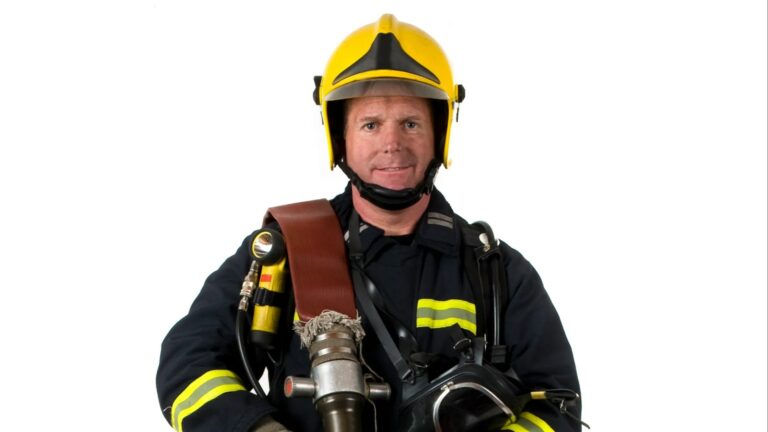Farewell to “Fireman” and “Policeman”: New Language Guidelines for Fire Inspectors
In an effort to promote inclusivity and professionalism, fire service inspectors have been directed to refrain from using the term “fireman” and “policeman” in their reports. This change is part of an updated guide released just two weeks ago, aiming to ensure that documents are crafted with clarity and precision.
The guidelines also address other language choices, marking the term “homo-sexual” as “potentially offensive,” despite its use by many within the LGBT community. Additionally, the guide suggests replacing “chairman” with “chair” and opting for terms like “staff or people” rather than “manpower” to reflect a more inclusive tone.
This directive has sparked some controversy, with Tory MP Nigel Mills expressing his dissatisfaction by labeling it as “wokery on another scale.” He argued that police and fire inspectors should be channeling their energies into enhancing organizational effectiveness and devising strategies to combat crime, ultimately contributing to safer streets.
In response, the inspectorate defended its decision, emphasizing that they consistently employ language that is both accurate and respectful of the sectors they oversee. Their preference for terms like “firefighter” and “police officer” aligns with the government’s style guide, which encourages the use of gender-neutral language whenever feasible. The inspectorate’s stance remains firm – adopting these language changes does not in any way compromise their ongoing mission to hold police and fire services accountable.
In this evolving linguistic landscape, the emphasis shifts from conventional terms to more inclusive and representative language. As fire and police services strive to fulfill their mandates, this move underscores the importance of clear, unbiased communication that resonates with all individuals involved.

